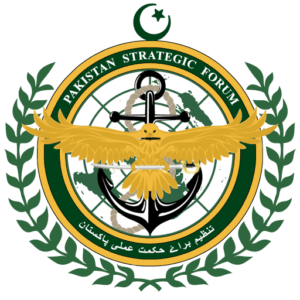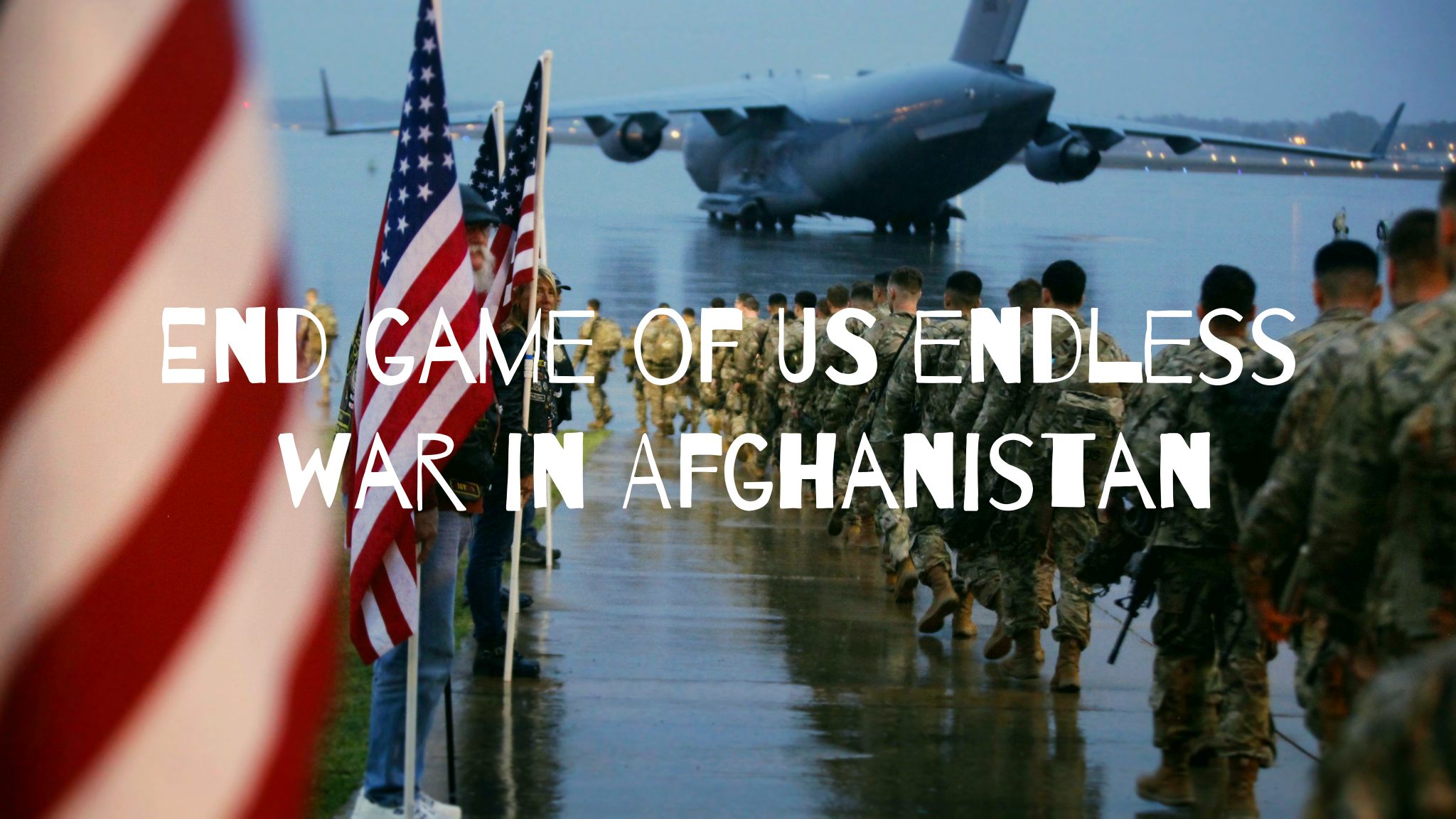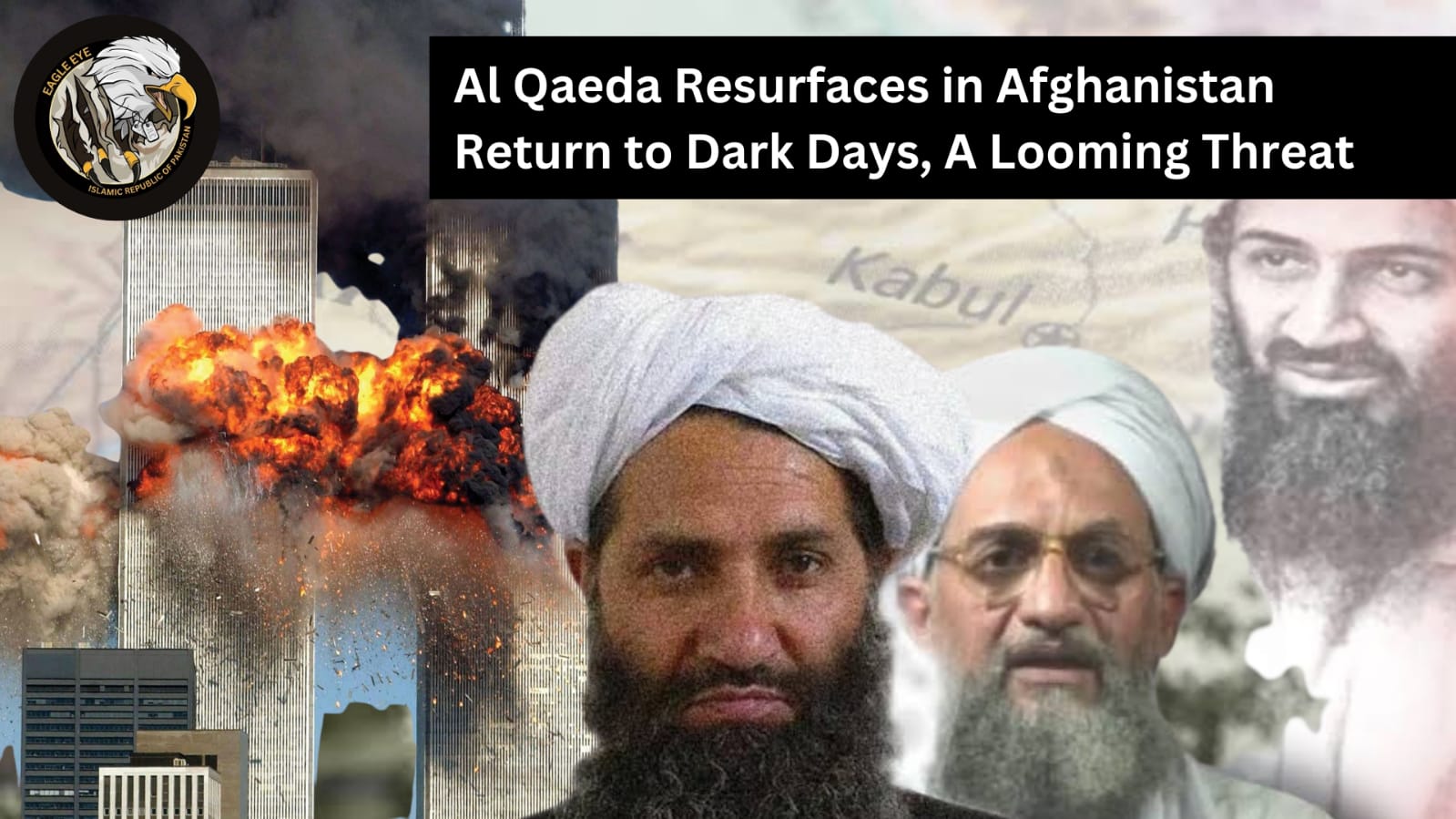Afghanistan’s end game is approaching and now every player is getting ready for a post-withdrawal situation but many inside Washington are still occupied with the idea of prolonging the war. Many analysts came up with the view that this immediate withdrawal and ‘possible’ future Taliban takeover of Kabul will have serious security consequences for the US but fail to address how to deal with it. From the start, it was an “undefined” war having no clear objectives. Apart from that US administration failed to design a roadmap for the future of Afghanistan in case if US withdraw its troops. Even after 20 years of war, the “MEN” both in Pentagon and White house are clueless about how to deal with Afghanistan. If even after 20 years, with 3,500 military fatalities, 20,589 wounded, and loss of $2 trillion to the economy, you don’t have a comprehensive roadmap and want to prolong the war you won’t be able to design one even after the next 20 years. When it comes to ‘problem/threat identification in the context of conflict analysis, problem/threat identification itself is part of the problem for the US in Afghanistan. After securing the objective of toppling the Taliban regime. Due to massive corruption, human rights violations, and bad governance Afghan government failed to win the hearts and minds of the Afghan society. Now many in the US and Kabul circles are looking for a scapegoat and often blame Pakistan for the failure in Afghanistan. But the fact of the matter is that Pakistan helped US in dismantling the Al-Qaeda. ISI and CIA carried out dozens of joint operations against Al-Qaeda, arresting top-tier leadership (From Khalid Shiekh to Abu Zubayda) of Al-Qaeda. Around 350 were arrested by the Pakistani authorities. But soon after the Karzai government took over things started to get more complex. US facilitated India in Afghanistan in order to work on its vision for South Asia without realizing this created a conflict of interest between the U.S. and Pakistan. India used her influence in Kabul to push a strong insurgency inside Pakistan. Pakistan was left alone facing the threat of Terrorism at home with a fragile economy and intensified insurgency not just only in KPK and Fata but also in Baluchistan and Karachi. Pakistan had few options left and soon Pakistan started pursuing its own interests, which were revolving around containment of India in Afghanistan in order to overcome terrorism. But that is history now it won’t fix the present and the future. All stakeholders must adopt a realistic approach rather than following an Idealistic one, which will only pave the way for prolonging the war.
In the post-withdrawal situation, human rights especially related to women should be considered but is Afghanistan just all about that especially when US own allies especially India is having a poor track record particularly in the context of Kashmir. Moreover, such issues can be addressed via soft power or through other non-kinetic means. From the security perspective, US must consider the ground realities and all the factors involved. The million-dollar question is do the Taliban pose any direct security threat to the US? The answer is no in fact never did. The threat was always from Al-Qaeda against who the Taliban assured assistance. Similarly, when talking about Al-Qaeda, considering the changing security dynamics do Al-Qaeda need physical infrastructure or presence in order to carry out attacks on US? If not why need physical presence to contain a virtual threat. Moreover, Al-Qaeda is no longer confined to Afghanistan it has expanded its influence in Libya, Syria, and beyond MENA. Having said that the US can still carry out surveillance and reconnaissance against high-ranking terrorist leaders even after withdrawal. ISIS reemergence also poses a serious threat but in recent months Taliban in eastern Afghanistan defeated ISIK allegedly with the support of US. In this case US needs a different approach in Afghanistan. US, Russia, China, and Pakistan share the view that the only viable solution for Afghanistan is a ‘political settlement’, that will produce ground conducive to peace and stability in the region. US policymakers must adopt a regional and realistic approach otherwise US don’t be able to defeat its own military-industrial complex and the war in Afghanistan will never end.
Author: Talha Ahmad (Editor in Chief PSF)
About Author: Talha Ahmad is a Freelance Journalist. He is an independent Geo-Political Analyst, commentator, and keen observer of International relations. Talha Ahmad’s opinions have been featured in different News-websites like Daily times, Pakistan Today, Global Village Space, Morning Mail. He can be reached on Twitter @talhahamad967.






